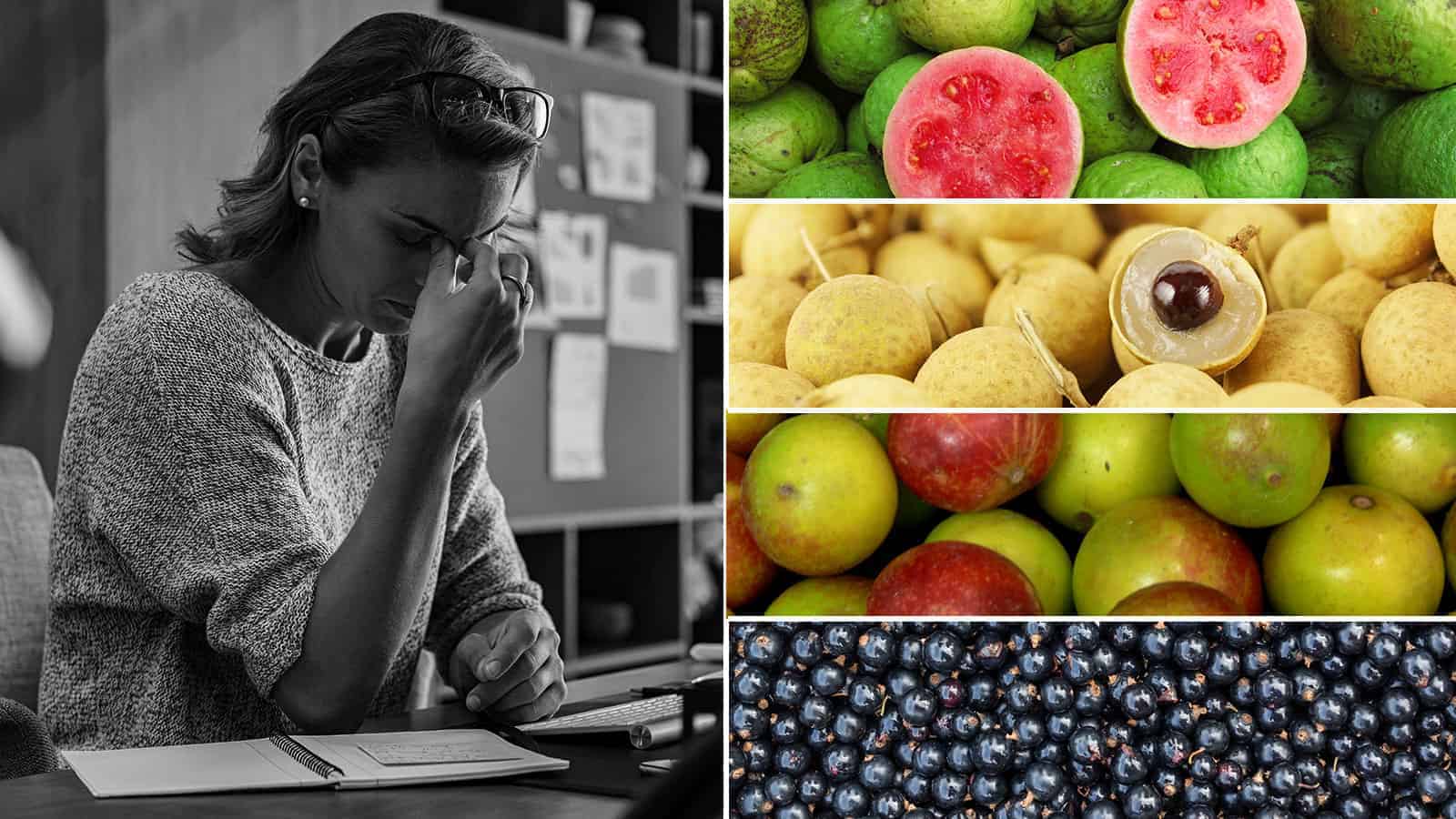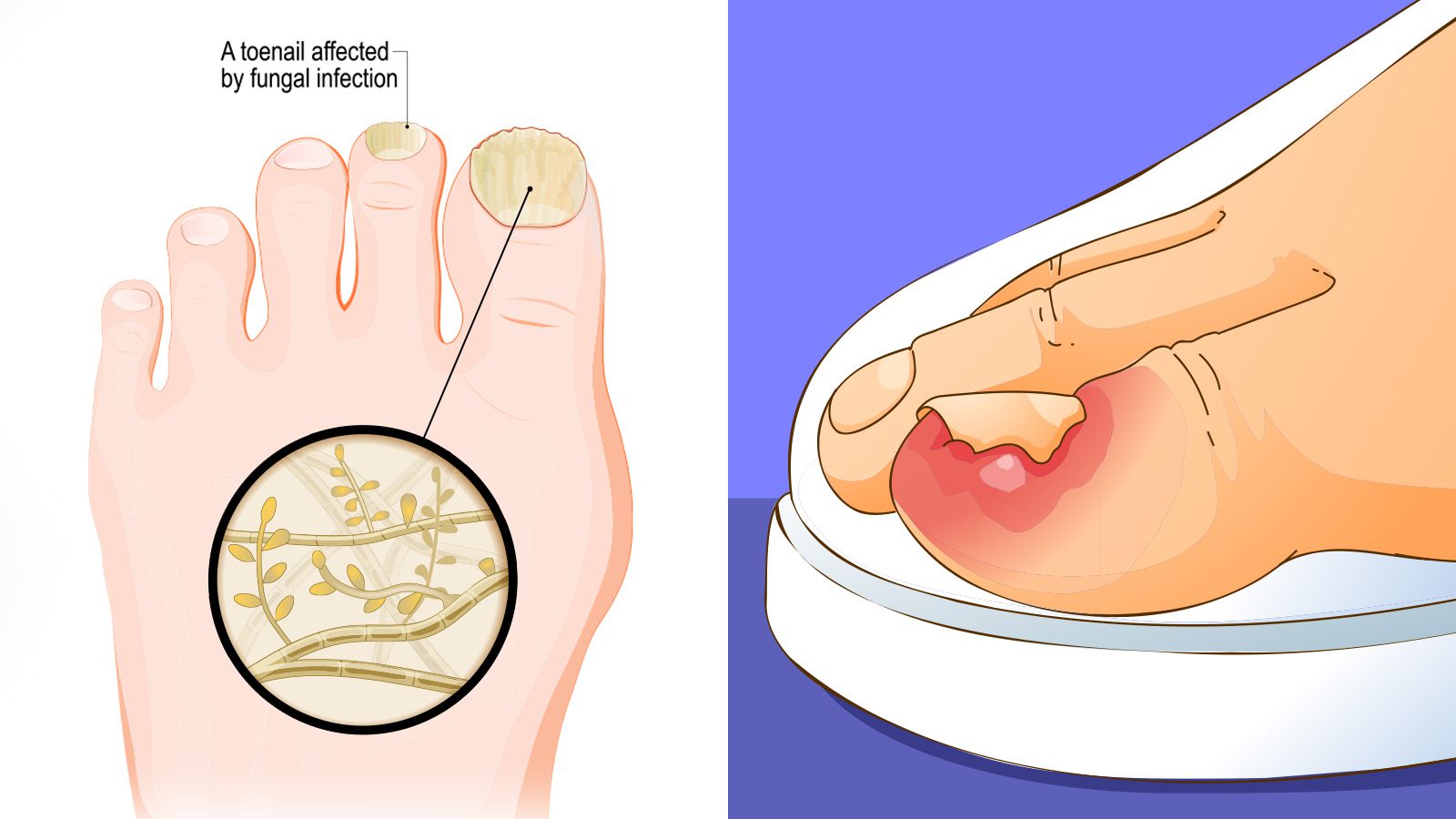Vitamin C is an essential nutrient for children and adults, and many favorite foods contain large amounts. You don’t have to eat citrus fruit for this nutrient either because many foods are high in vitamin C.
So consuming plenty of this vitamin can help you improve your overall health and well-being. Of course, this, in turn, empowers you to live a fulfilling life.
Vitamin C is essential for repairing tissues and promoting healthy neurotransmitters. This vitamin is also water-soluble, so it dissolves in water and gets stored in your body. It helps ward off and shorten the duration of illness, maintain bones, teeth, and cartilage, and helps heal wounds.
A Vitamin C deficiency can lead to a condition called scurvy, causing weakness, softening of organs, internal hemorrhages, and bleeding gums. Scurvy can be fatal, but consuming plenty of ascorbate from Vitamin C can help you avoid it. With many foods high in vitamin C, scurvy has become an uncommon disease, so you are sure to find a few things you love.
25 Foods High In Vitamin C
Vitamin C rich foods help your body function properly, and it produces essential compounds that give you energy. With all the benefits of consuming enough Vitamin C, learning more foods high in Vitamin C can make all the difference. Once you know which items contain the most, you can add them to your grocery list and increase your Vitamin C intake.
1. Kakadu Plums
The Kakadu plum is found in tropical woodlands and contains 100 times more vitamin C than oranges, making it a superfood. They are smooth, fleshy, egg-shaped plums, ranging in color from yellow to green.
Kakadu plums contain up to 5,300 mg in just 100 grams of fruit, so one plum contains around 481 mg of Vitamin C. As the richest known source of Vitamin C, these plums will help you reach your intake goal.
2. Acerola Cherries
Acerola cherries are a tropical fruit and are similar to a berry. One half-cup red acerola cherries contains 822 mg of vitamin C, or 913% recommended daily value. Eat this fruit as a snack to receive a boost of Vitamin C, and add them to a smoothie with other healthy ingredients.
Not only do the acerola cherries contain Vitamin C, but they will help protect against UVB skin damage, too. Plus, they have cancer-fighting properties and decrease DNA damage due to an unhealthy diet.
3. Rose Hips
Rose hips are the fruit beneath the flowering part of a rose. They are sweet, tangy, and delicious; some people steep them for tea. Six rose hips provide nearly 119 mg of vitamin C, 132% of the daily recommended value.
The high vitamin C content in rose hips promotes collagen synthesis and skin integrity. Plus, it helps reduce sun damage, decreasing wrinkles, dryness, and discoloration. It also aids in wound healing and inflammatory skin conditions.
4. Chili Peppers
Chili peppers are high in nutritional value and can be consumed whole, ground, fresh, or as a powder. One green chili pepper delivers 242 mg of vitamin C per 100 grams, 121% of the daily recommended value. One red chili pepper contains 72% of the recommended amount.
5. Guavas
Guavas are pink-fleshed tropical fruit that contains plenty of vitamins and nutrients. One guava contains 126 mg of vitamin C or 140% of the daily recommended amount. It also contains antioxidants and lowers blood pressure and cholesterol levels.
6. Yellow Peppers
All peppers are nutritious, but yellow peppers provide 183 mg of Vitamin C per 100 grams or 152% of the daily recommended value. They are beneficial for eye health and can protect against cataracts. You can eat them alone, add them to your favorite dishes, or use them as a pizza topping.
7. Thyme
Not many people think of herbs as a source of nutrients, but Thyme contains high amounts of Vitamin C. It enhances many dishes and is often used to fight colds and respiratory problems. One ounce of thyme offers 45 mg of Vitamin C or 50% of the recommended daily value.
One to two tablespoons of thyme on your meals adds up to seven mg of Vitamin C to your diet. It strengthens immunity, makes antibodies, destroys bacteria and viruses, and clears infected cells.
8. Blackcurrants
Blackcurrants are small blackberries that are rich in flavonoids and Vitamin C. In a half-cup of blackcurrants, you will consume 101 mg of vitamin C, which is 112% of the daily recommended value. They reduce oxidative damage, reducing chronic diseases, heart disease, cancer, and neurodegenerative diseases.
9. Mustard Spinach
In one cup of raw, chopped mustard spinach, you’ll consume 195 mg of Vitamin C, 217% of the daily recommended value. Mustard spinach is a leafy green vegetable that is typically a little spicy.
Cooking the mustard spinach lowers the vitamin content, but it still provides around 117 mg of vitamin C. It is also high in other nutrients, including vitamin A, potassium, calcium, manganese, fiber, and folate.
10. Parsley
Two tablespoons of parsley contain 10 mg of vitamin C, 11% of the daily recommended value. Parsley is a leafy green that is often dried and used for extra flavor in meals. Vitamin C content helps with iron absorption, preventing and treating iron-deficiency anemia.
11. Kale
Kale is a leafy green vegetable often used in salads, healthy smoothies, and nutritious juices. With its peppery, bold taste, kale can also be baked into kale chips, a healthy and delicious snack. Kale contains 80 mg of Vitamin C in each one-cup serving, 89% of the daily recommended value.
Cooked kale has less Vitamin C but still contains 53 mg or 59% of the recommended amount. Many people enjoy it as a sauteed side dish, another healthy option when you want to increase your Vitamin C intake.
12. Kiwis
Kiwis are an exotic fruit full of flavor and vitamins. They have soft, green flesh, and they are tart. You can add them to salads, desserts, or beverages or enjoy them alone as a snack. One kiwi contains 71 mg of vitamin C, which is 79% of the daily recommended value.
The vitamin C content of kiwis can help reduce oxidative stress, lower cholesterol levels, and improve immunity. Plus, regularly consuming kiwis for a vitamin C increase can improve blood cell activity.
13. Brussels Sprouts
In a half cup of cooked Brussels sprouts, you will consume 49 mg of Vitamin C, or 54% of the daily recommended value. Brussels sprouts are cruciferous vegetables that many enjoy as a side dish.
The vitamins in Brussels sprouts improve bone health, aids in the formation of collagen, and reduce the risk of bone fractures. Plus, they decrease your risk of developing osteoporosis.
14. Broccoli
Broccoli is a popular vegetable that you can eat in many ways. You can eat it raw as a snack, sauté them for a side dish, cooked in savory soups, or as a topping for a baked potato. You will receive 51 mg of vitamin C in half a cup of cooked broccoli, which is 57% of the daily recommended value.
The broccoli’s nutritional content leads to less oxidative stress, improved immunity, and decreased risk of cancer or heart disease. It reduces inflammation, improving your overall health.
15. Lychees
Lychees are small, round fruit with red skin, white flesh, and a large central seed. One lychee contains nearly 7 mg of vitamin C or 7.5% of the daily recommended value. One cup of lychee provides 151% of the recommended amount.
Lychees also contain fatty acids, improving the health of your brain, heart, and blood vessels. It promotes collagen synthesis and contributes to a decreased risk of stroke.
16. Lemons
One raw lemon, including the peel, contains 83 mg of vitamin C or 92% of the daily recommended value. The vitamin C in lemon juice is an antioxidant and can prevent other fruits and vegetables from turning brown. You can add lemon to many dishes and beverages, making it versatile and easy to incorporate.
17. Papayas
Papayas are tropical fruit low in acid but full of ascorbate or Vitamin C. One cup of papaya contains 87 mg of vitamin C or 97% of the daily recommended value. They promote digestive health, aid memory, reduce oxidative stress, and have anti-inflammatory effects.
18. American Persimmons
Persimmons are similar to a tomato but have orange-colored skin and sweet flesh. One American persimmon contains 16.5 mg of vitamin C or 18% of the daily recommended value. You can eat a persimmon, including the peel, or add it to your favorite dishes.
19. Oranges
One orange contains around 70 mg of Vitamin C or 78% of the daily recommended value. Oranges are the perfect snack to help you meet your dietary needs, or you can pair them with your breakfast.
20. Strawberries
Strawberries are full of vitamins and nutrients. One cup of strawberries contains 89 mg of vitamin C or 99% of the daily recommended value.
Strawberries also contain manganese, flavonoids, folate, and antioxidants. These health benefits help prevent cancer, vascular disease, dementia, and diabetes.
21. Red Cabbage
Sometimes referred to as purple cabbage, red cabbage is high in vitamin C. In every half cup of red cabbage, you eat, you will take in nearly 45% of your daily recommended value of vitamin C. Red cabbage is also rich in fiber and other essential nutrients.
22. Cantaloupe
Cantaloupe is a sweet fruit with peach-colored flesh. It goes well in a fruit salad but is also delicious by itself. One cup of cantaloupe contains 57.3 mg of vitamin C, 63.7% of the daily recommended value. Cantaloupes also contain beta-carotene, an essential antioxidant.
23. Pineapple
Pineapples are sweet, juicy fruit full of essential nutrients and vitamins. One cup of pineapple chunks contains about 79 mg of Vitamin C or 88% of the daily recommended value. Pineapple is also a good source of potassium, magnesium, folate, and fiber.
You can eat raw pineapple as a snack or dessert or use it to top your favorite treats. A pineapple is also a delicious option for healthy fruit smoothies. Plus, it can be cooked with ham, pizza, or other delicious dishes.
24. Mango
Mango is a tropical fruit full of nutrients and vitamins. In one cup of raw mango, you will consume around 60 mg of vitamin C, which is nearly 67% of your daily recommended value. Mango also contains lots of folate and copper.
Mangos are delicious, but you can also pair them with other fruits or eat them as a side dish. Plus, you can find many meals that call for mango as an essential ingredient.
25. Grapefruit
Grapefruit is a sour fruit, and many people like to sprinkle a sweetener on it before eating it. Half of a grapefruit contains around 39 mg of vitamin C, which is more than 43% of your daily recommended value. Grapefruit also has plenty of fiber, potassium, and vitamin A.
You can eat grapefruit by itself, sprinkled with a sweetener, or sliced up in a salad. Grapefruit juice also contains high amounts of vitamin C, so consider drinking a cup of it each day. When you look for grapefruit juice, make sure you find one with no added sugar.
Final Thoughts on Foods High in Vitamin C According to Nutritionists
Vitamin C is essential for maintaining a healthy mind and body. While this vitamin is often linked to oranges, plenty of other foods are high in vitamin C. Many options contain more than your daily recommended value, ensuring you meet your dietary goals.
Vitamin C is vital for immune, heart, and blood health and connective tissue health. It also plays many other roles, such as nutrient synthesis, brain health, and disease prevention. Without enough foods with Vitamin C in your diet, you will suffer detrimental health effects that lead to severe complications.
With so many foods high in Vitamin C, you will indeed find a few you enjoy. Once you do, make them a regular part of your diet to ensure adequate daily intake.


















